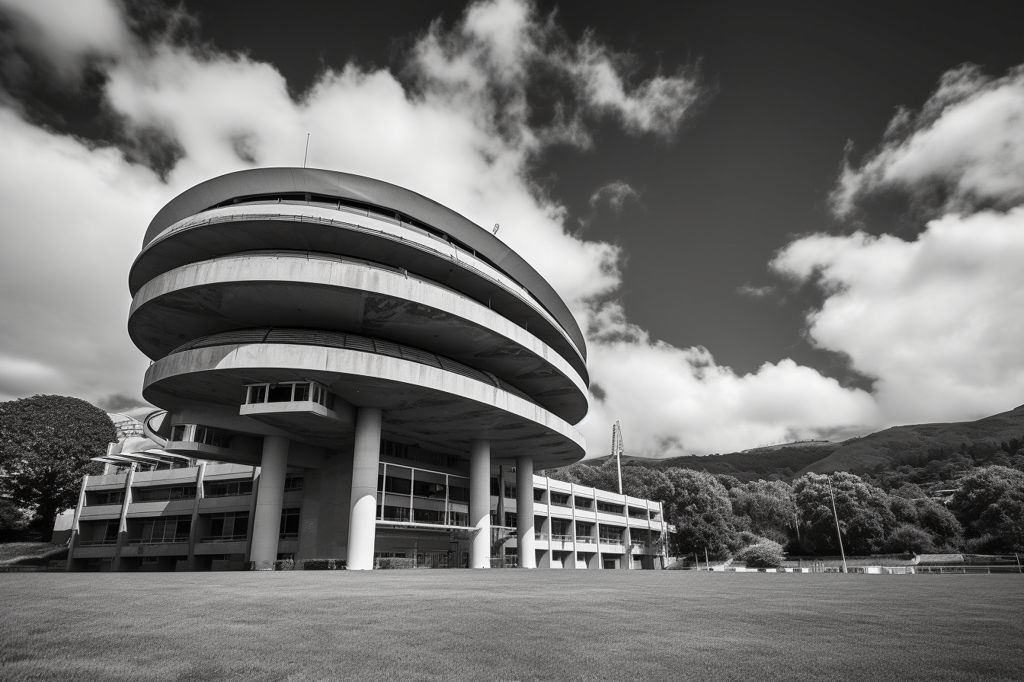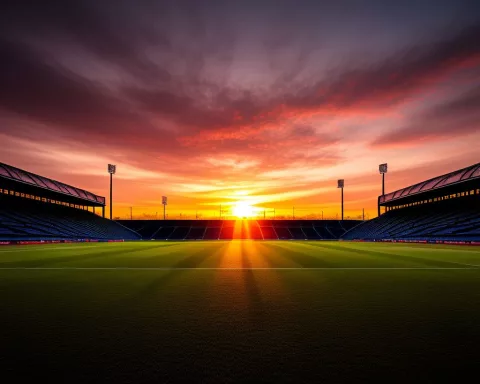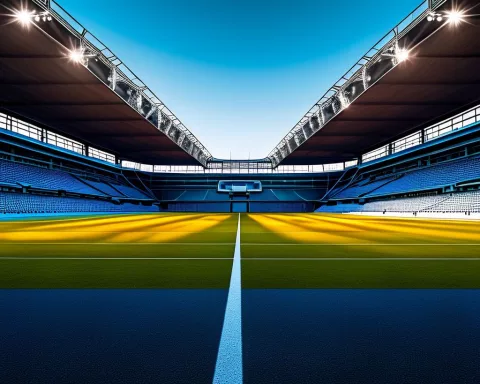Former Springbok rugby player, Wynand Claassen, is leading a legal battle to have the iconic Newlands Stadium classified as a heritage site. Despite a report by a heritage specialist stating that the stadium does not meet the necessary criteria for classification, Claassen remains committed to preserving its rich history and has taken his appeal to the minister of the Western Cape Cultural Affairs and Sports department.
The Importance of Newlands Stadium
Built in 1890, Newlands Stadium is one of the oldest rugby stadiums in the world and has played a significant role in shaping South African rugby. Countless noteworthy matches and victories have taken place within its walls, making it a significant part of the country’s cultural and sporting heritage.
The Heritage Status Debate
Heritage Western Cape’s decision not to classify the stadium as a heritage site has been met with opposition from Claassen and other rugby enthusiasts. Despite a detailed report by a heritage specialist stating that the demolition of the stadium would not signify an irreplaceable social loss, Claassen remains determined to have it recognized for its historical significance.
The Impact of Claassen’s Appeal
Claassen’s legal battle has had a significant impact on the sale of the stadium, which was undergoing finalization earlier this year by WP Rugby. Interested companies are now reluctant to proceed until the heritage issue is resolved. However, the proposal to declare Newlands Stadium a heritage site could potentially derail the hard work put into stabilizing WP Rugby both on and off the field.
Preserving the Past and Embracing Progress
The ongoing discussion highlights the delicate balance between preserving the past and embracing progress. While Newlands Stadium’s heritage status remains contested, the strong emotions and opinions surrounding the issue are a testament to its impact on South African rugby culture.
In conclusion, the fight for Newlands Stadium’s heritage status exemplifies the importance of preserving and celebrating the rich history of the sport. The outcome of Claassen’s legal battle will undoubtedly hold consequences not only for the stadium’s future but also for the broader rugby community. As the debate around its future continues, it is essential to consider the broader historical and cultural context and find a way to balance the preservation of the past with progress.












